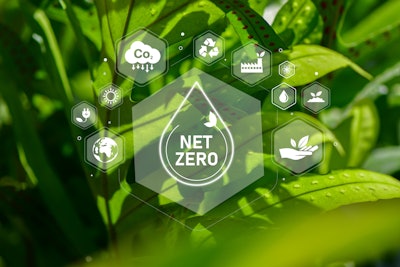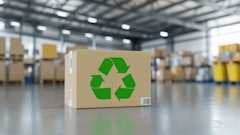
Supply chain emissions (Scope 3 emissions) typically account for more than 70% of a business's carbon footprint, so any organization seeking to make progress toward net-zero must do so in tandem with its suppliers. Research by Baker McKenzie reveals that too many companies are still attempting to go it alone.
"There continues to be a lot of consternation about how companies look at their supply chains. With respect to Scope 3 emissions, there's concern about having to divulge information that is very remote from the company making the disclosure — and concern about the liability that may be associated with that," says Mattias Hedwall, partner, Stockholm, Baker McKenzie.
- 41% say their organization has no view of their Scope 3 emissions and no plan in place to tackle them. And only 40% of organizations have started auditing their suppliers.
- 62% acknowledge that building a net-zero supply chain would be the biggest transformation their organization has ever faced. However, a majority expect new regulation on Scope 3 emissions reductions and reporting within the next five years and accordingly, they recognize the need to start preparing for that regulation — failing to develop a net-zero transition plan may be perilous.
- For some organizations, the fear of being accused of greenwashing is leading to inaction — or at least resistance to publicly sharing net-zero objectives. 23% of organizations say the future threat of litigation has led to their organization not publicly disclosing net-zero statements or targets.




















